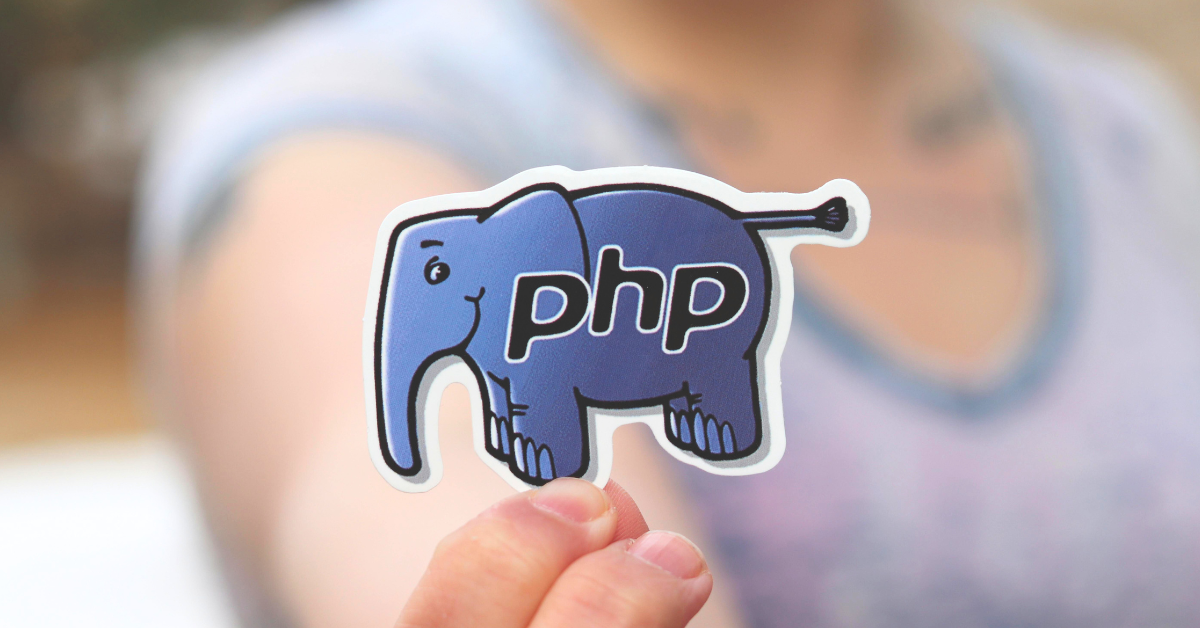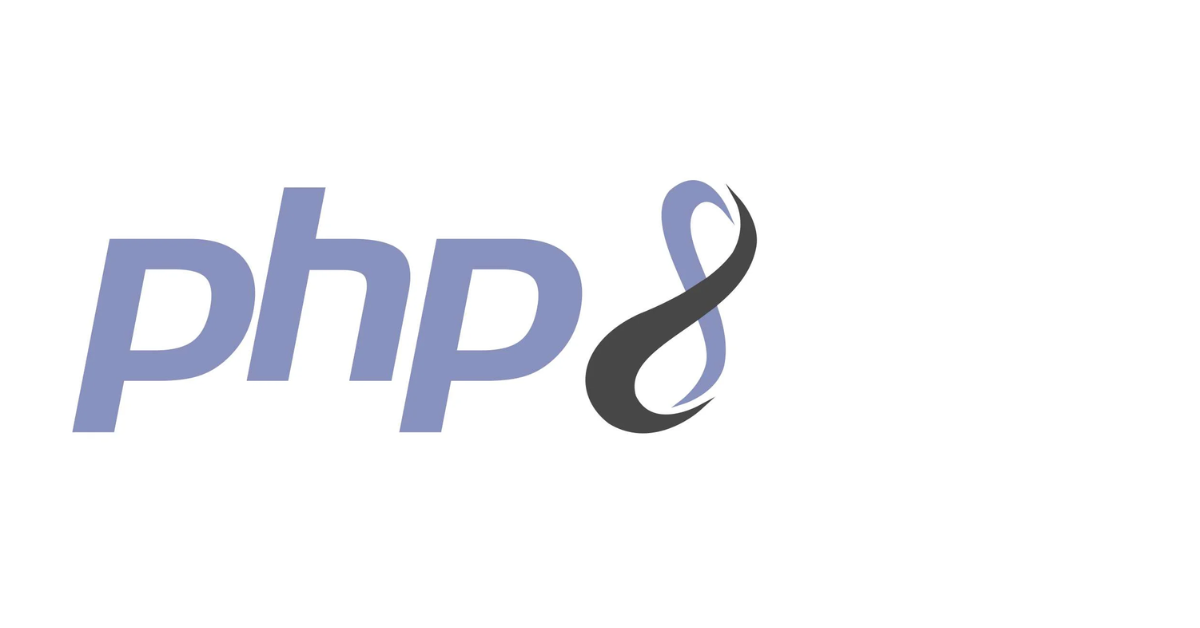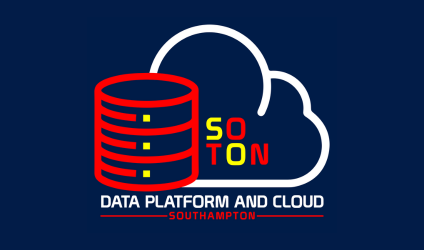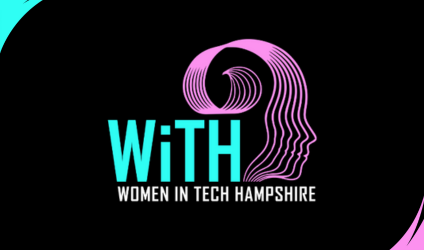The Evolution of PHP: A Journey Through the Last 10 Years
12 Sept, 20246 minutes
With the recent relaunch of PHP Hants, we wanted to look intothe ever-evolving world of PHP; the server-side scripting language that’s been powering our web dreams since the '90s. Over the past ten years, PHP has undergone some impressive transformations. Let’s explore how PHP has changed and why it’s still a powerhouse for any IT company.
Not Just a Relic of the Past
First things first, let’s address the elephant in the room. PHP has had a bit of a reputation issue. Some people have called it outdated or clunky, but those days are behind us. The PHP development team has been hard at work, and the language has seen some significant upgrades that have breathed new life into it.
PHP 7: The Game Changer
The real magic started with PHP 7. Released in late 2015, PHP 7 brought a performance boost that was nothing short of revolutionary. Compared to its predecessors, PHP 7 could handle twice as many requests per second. This meant faster load times and a better user experience—crucial factors in today’s fast-paced digital world.

But the goodness didn’t stop there. PHP 7 introduced new features like scalar type declarations and return type declarations, which gave developers more control and precision. Error handling also got a facelift with the addition of throwable exceptions, making debugging a breeze.
PHP 8: Stepping into the Future
Fast forward to November 2020, and PHP 8 hit the scene. If PHP 7 was a game-changer, PHP 8 was a game-accelerator. The Just-In-Time (JIT) compiler is one of the most talked about features. It promised to bring even more performance improvements by compiling code at runtime, though the real world benefits are still a topic of some debate among developers.

PHP 8 also introduced a large number of syntactic improvements. Named arguments, union types, and attributes (annotations) are just a few examples. These additions not only make the code cleaner and more readable but also make the developer’s life a whole lot easier.
The Ecosystem: A Blossoming Garden
Beyond the core language updates, the PHP ecosystem has flourished. Frameworks like Laravel and Symfony have continued to grow, offering robust and elegant solutions for building web applications. Composer, the dependency manager for PHP, has become a staple, making package management seamless and efficient.
The community has also played a vital role. The PHP community is vibrant and supportive, with forums, conferences, and user groups that foster collaboration and innovation. This sense of community is one of the unsung heroes of PHP’s enduring popularity.
Why PHP Still Matters for IT Companies
With all these new languages and technologies popping up, it is easy to wonder why an IT company should stick with PHP. Here are a few reasons:
- Proven Stability: PHP has stood the test of time. It’s reliable, and with the latest updates, it’s more powerful than ever.
- Performance: With PHP 7 and 8, performance issues are a thing of the past. Your applications will run faster and handle more traffic.
- Large Talent Pool: There’s a huge pool of experienced PHP developers out there. Finding talent is easier compared to some of the newer, niche languages.
- Vast Ecosystem: The availability of frameworks, libraries, and tools means you can get your projects up and running quickly and efficiently.
- Community Support: The PHP community is always ready to help. Whether you’re facing a tricky bug or looking for the best practices, you’ll find plenty of resources and support.
PHP has come a long way in the last five years. From the massive performance gains in PHP 7 to the cutting-edge features in PHP 8, it’s clear that PHP is not just surviving—it’s thriving. For IT companies, leveraging PHP means harnessing a language that’s fast, reliable, and backed by a robust ecosystem.
PHP is very much alive and kicking, ready to power the next generation of web applications 🐘





